Summaries of books about Science & Math:
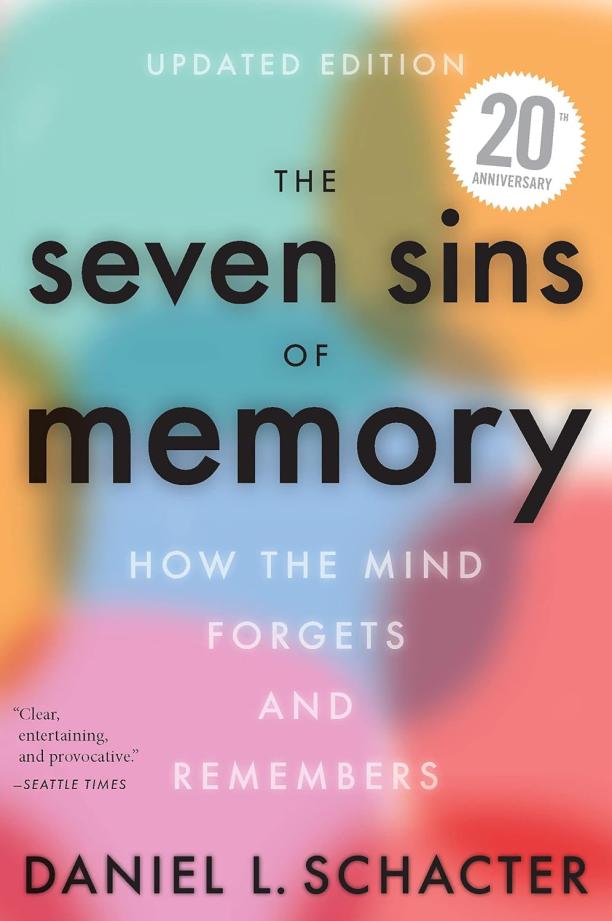
The Seven Sins of Memory
How the Mind Forgets and Remembers
Daniel L. Schacter
The book explores seven common memory failures, ranging from absent-mindedness to persistence, and discusses how these errors are actually byproducts of features that serve the cognitive system well in other contexts. It integrates psychological research and everyday experiences to demonstrate how memory shapes our lives and is intertwined with the essence of who we are.
See full summary
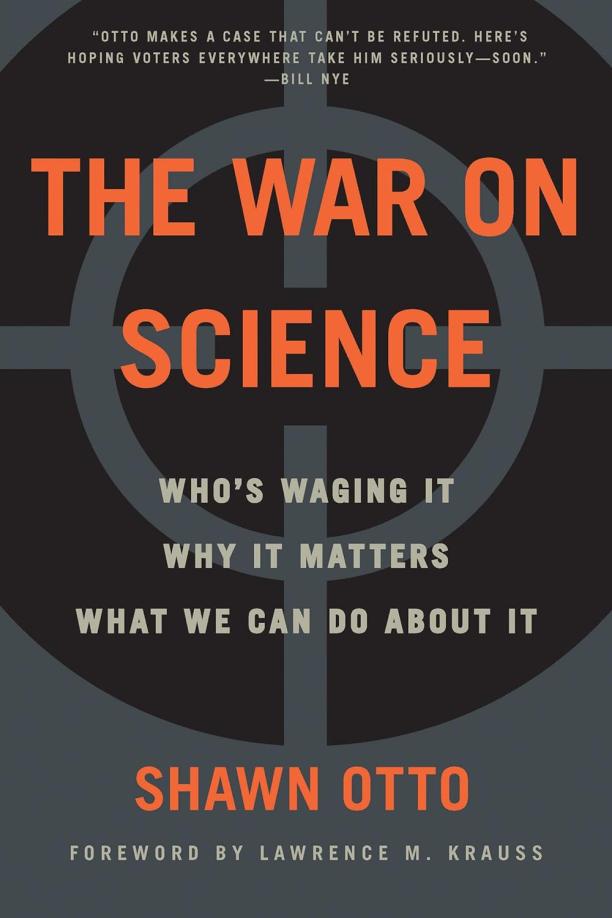
The War on Science
Who's Waging It, Why It Matters, What We Can Do About It
Shawn Otto
The book examines the growing trend of anti-science sentiment, exploring the various political, religious, and corporate interests that challenge scientific facts and principles. It also discusses the implications of this conflict for democracy and policy-making, and offers strategies for defending the role of science in society.
See full summary
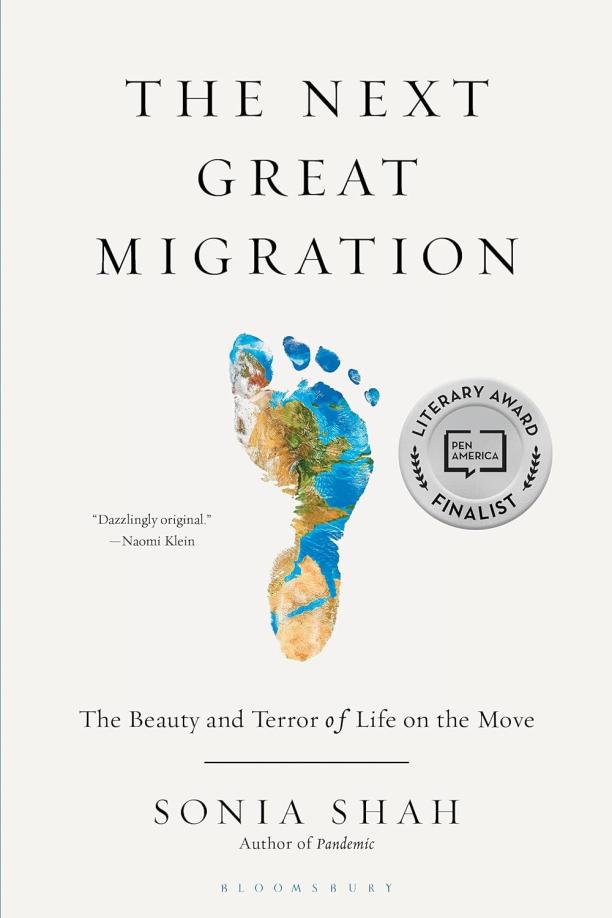
The Next Great Migration
The Beauty and Terror of Life on the Move
Sonia Shah
The book challenges conventional views on migration, arguing that movement is a natural and beneficial aspect of life for humans and other species. It explores historical migrations, the factors driving current movements, and the potential for future migrations in the face of climate change and ecological disruption.
See full summary
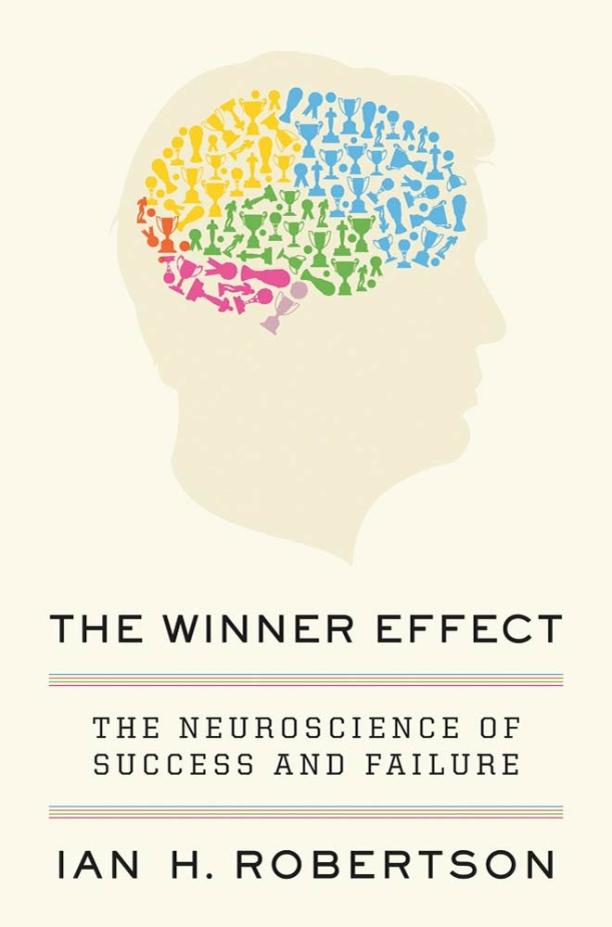
The Winner Effect
The Neuroscience of Success and Failure
Ian H. Robertson
The book explores how success changes the chemistry of the brain, enhancing certain cognitive functions and behaviors, and how this biochemical self-reinforcement can lead to a cycle of success. It also discusses the potential for negative consequences, such as hubris and the impact of failure on the brain's neurochemistry.
See full summary
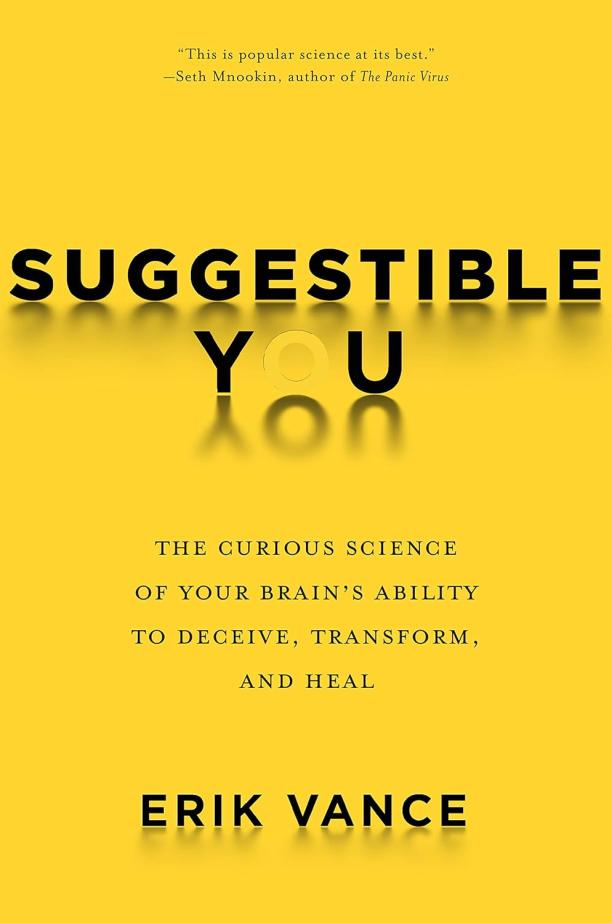
Suggestible You
The Curious Science of Your Brain's Ability to Deceive, Transform, and Heal
Erik Vance
The book explores the science behind the human brain's capacity for suggestion, including placebos, hypnosis, and false memories. It delves into how beliefs and expectations can shape our perceptions and physical health, revealing the brain's powerful ability to influence our reality and well-being.
See full summary

Transcendence
How Humans Evolved through Fire, Language, Beauty, and Time
Gaia Vince
The book explores the pivotal role of four key elements—mastery of fire, development of language, appreciation of beauty, and perception of time—in the evolution of human culture and cognition. It delves into how these transformative tools have shaped human societies and enabled our species to dominate the planet.
See full summary
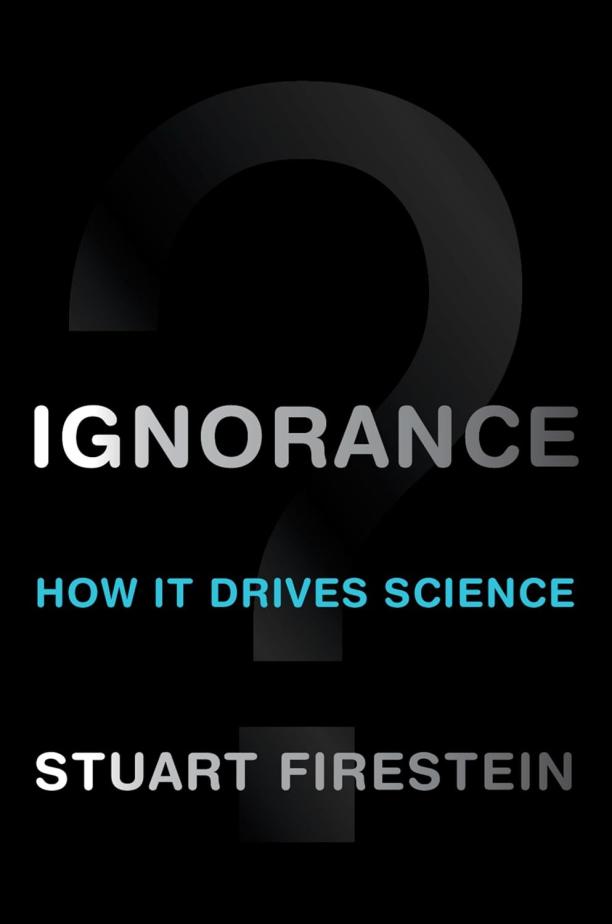
Ignorance
How It Drives Science
Stuart Firestein
The book argues that ignorance, or what we don't know, is the primary engine behind scientific inquiry, pushing researchers to ask new questions. It emphasizes the value of embracing uncertainty and the iterative process of discovery, rather than focusing solely on accumulated facts.
See full summary
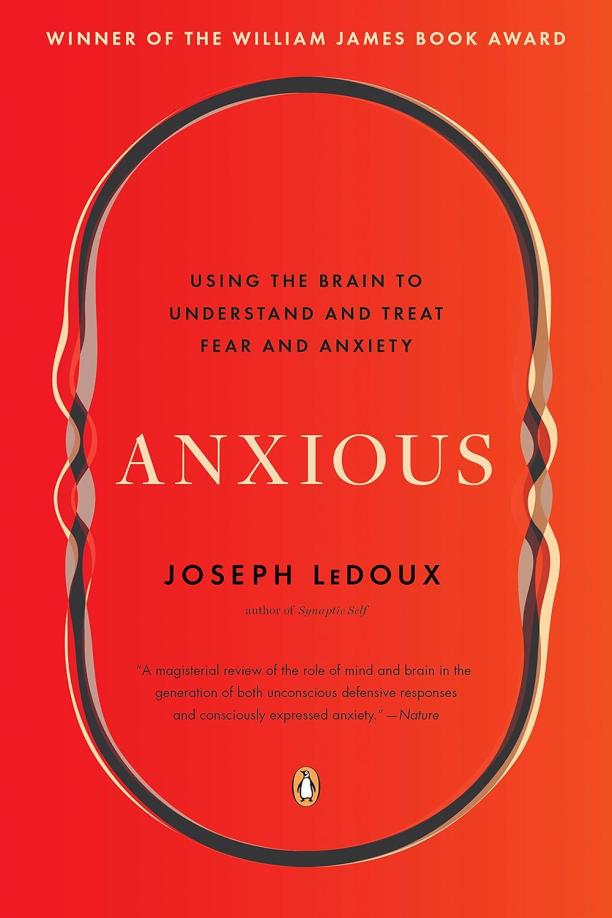
Anxious
Using the Brain to Understand and Treat Fear and Anxiety
Joseph Ledoux
The book delves into the complexities of the brain's fear and anxiety circuits, exploring how these emotions are formed and processed. It also discusses innovative approaches to treatment that go beyond traditional therapies, emphasizing the importance of understanding the underlying neural mechanisms.
See full summary
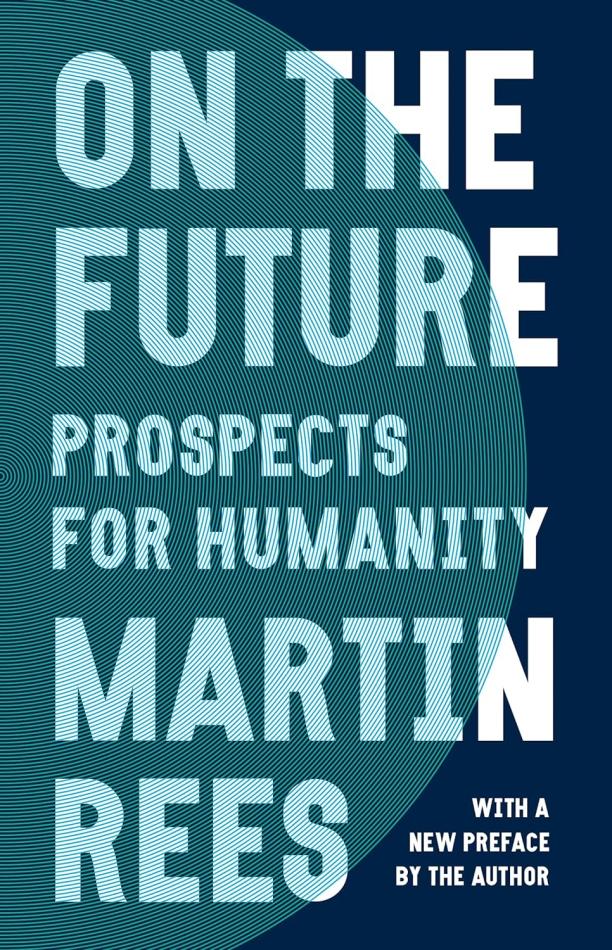
On the Future
Prospects for Humanity
Martin Rees
The book explores the potential futures of humanity, addressing both the opportunities and challenges posed by technological advancements and environmental issues. It delves into topics such as artificial intelligence, biotechnology, climate change, and space exploration, considering how these areas could shape human destiny in the coming centuries.
See full summary
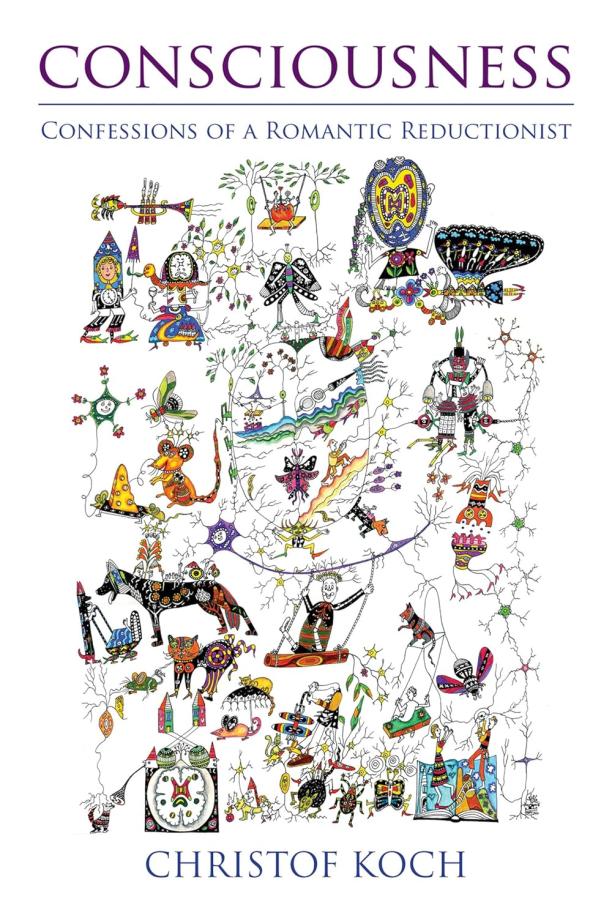
Consciousness
Confessions of a Romantic Reductionist
Christof Koch
The book explores the scientific quest to understand consciousness, blending personal narrative with insights from neuroscience and philosophy. It discusses the author's collaborations with Francis Crick and their work on the neural correlates of consciousness, proposing a framework to study the mind and its relation to the brain and the physical world.
See full summary